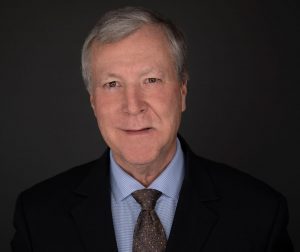 A large part of our estate planning and asset protection practice involves clients who have a diagnosis of Alzheimer’s, or a dementia-related disease. Alzheimer’s disease leads to a number of life adjustments that may have possible legal consequences. Don’t wait to manage long-term care.
A large part of our estate planning and asset protection practice involves clients who have a diagnosis of Alzheimer’s, or a dementia-related disease. Alzheimer’s disease leads to a number of life adjustments that may have possible legal consequences. Don’t wait to manage long-term care.
Initial Diagnoses Leading to Long-Term Care
The initial diagnosis could show early signs, or a more progressed phase of the disease. The earlier our clients come to see us to do their estate and long-term care planning, the more we will be able to help them.
This is also the time to consider what changes in long-term care living arrangements the client might need over time. Those arrangements can include the following:
- Independent living
- Assisted living

- Assisted living/nursing home combination for spouses
- Nursing home placement in a skilled nursing facility.
Client Conversations about Long-Term Care
 The first items we usually review with our clients in the various estate planning documents, are the named fiduciaries. Usually spouses and family members, fiduciaries make health care and financial decisions.
The first items we usually review with our clients in the various estate planning documents, are the named fiduciaries. Usually spouses and family members, fiduciaries make health care and financial decisions.
A chronic illness of dementia may affect the nature of marital and family relationships, and the roles these members play. Some members may be more suited in the role of caregiver and making health care decisions. Others may be more suited to make financial decisions, and decisions to protect assets.
We address the following when we first meet with clients:
- Who will manage the finances and make financial and asset protection decisions?
- Please list your financial goals you hope to accomplish during your lifetime.
- Which goals protect the estate for children and heirs. We explain how to accomplish these goals.
- In the event of a terminal illness, what kind of treatment and care do you prefer?
- What is the preferred way to pay for long term care?

- What kind of care is desired, now and in the future?
Long-Term Care Strategies
Long Term Care strategies usually involve revising the client’s revocable living trust and financial durable power of attorney to include the preferred fiduciaries. The appropriate language must also be included in these documents to comply with current regulations to allow for asset transfers and gifting, in the event the client needs to qualify for Medi-Cal for a stay in a skilled nursing facility. We may also want to transfer assets and correct real property titles to avoid probate.
About Walnut Creek Elder Law in Walnut Creek, California

Michael J. Young is an experienced elder law, estate planning and asset protection planning attorney in Walnut Creek, CA. Mr. Young advises his clients regarding their estate planning needs with an emphasis on asset protection, Medi-Cal qualification and preservation of assets for various levels of their care as they get older. His journey into elder law began when his mother suffered from an acute injury that required her to be in a skilled nursing facility. Call to schedule a consultation (925) 256-0298.

